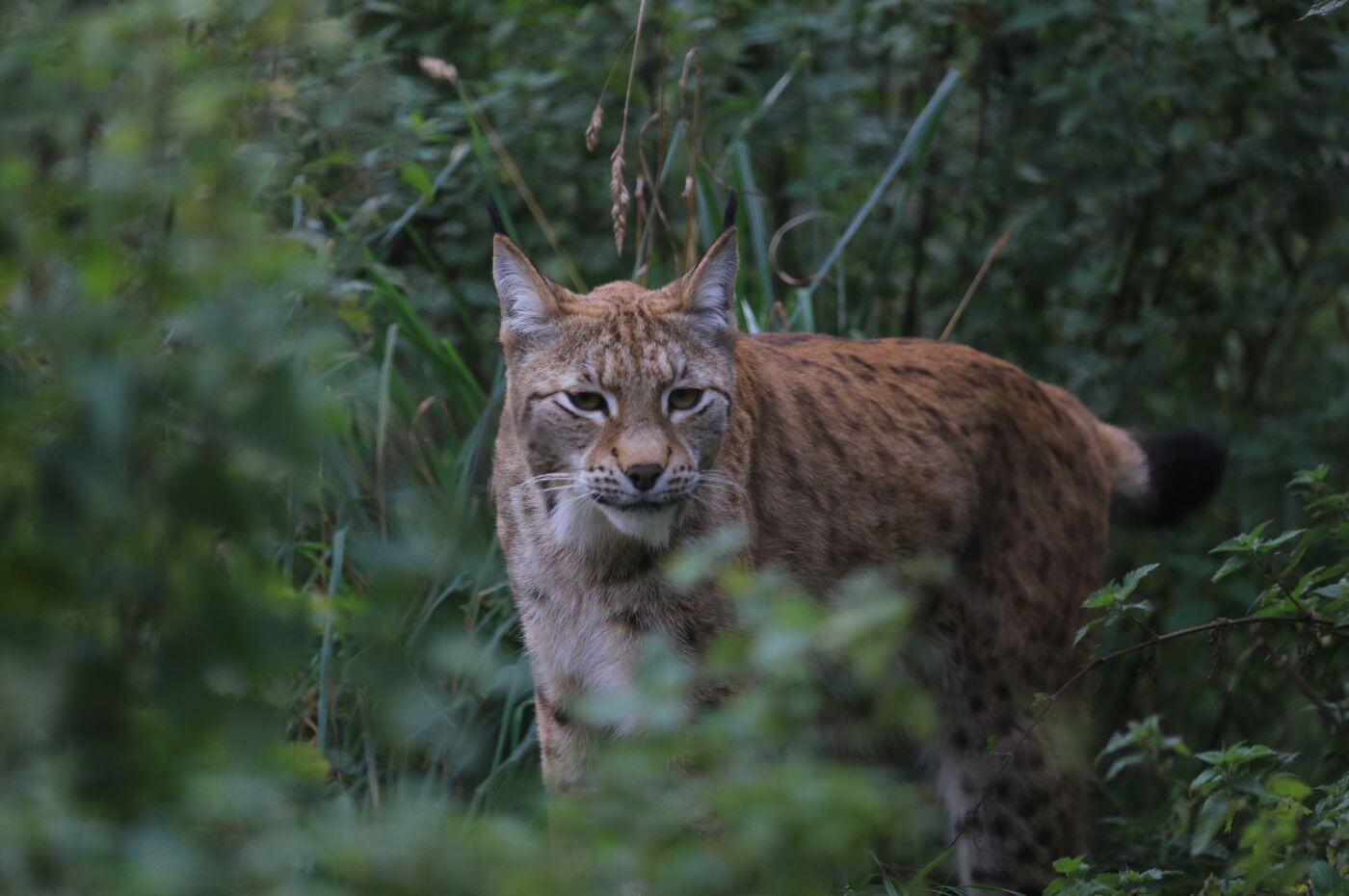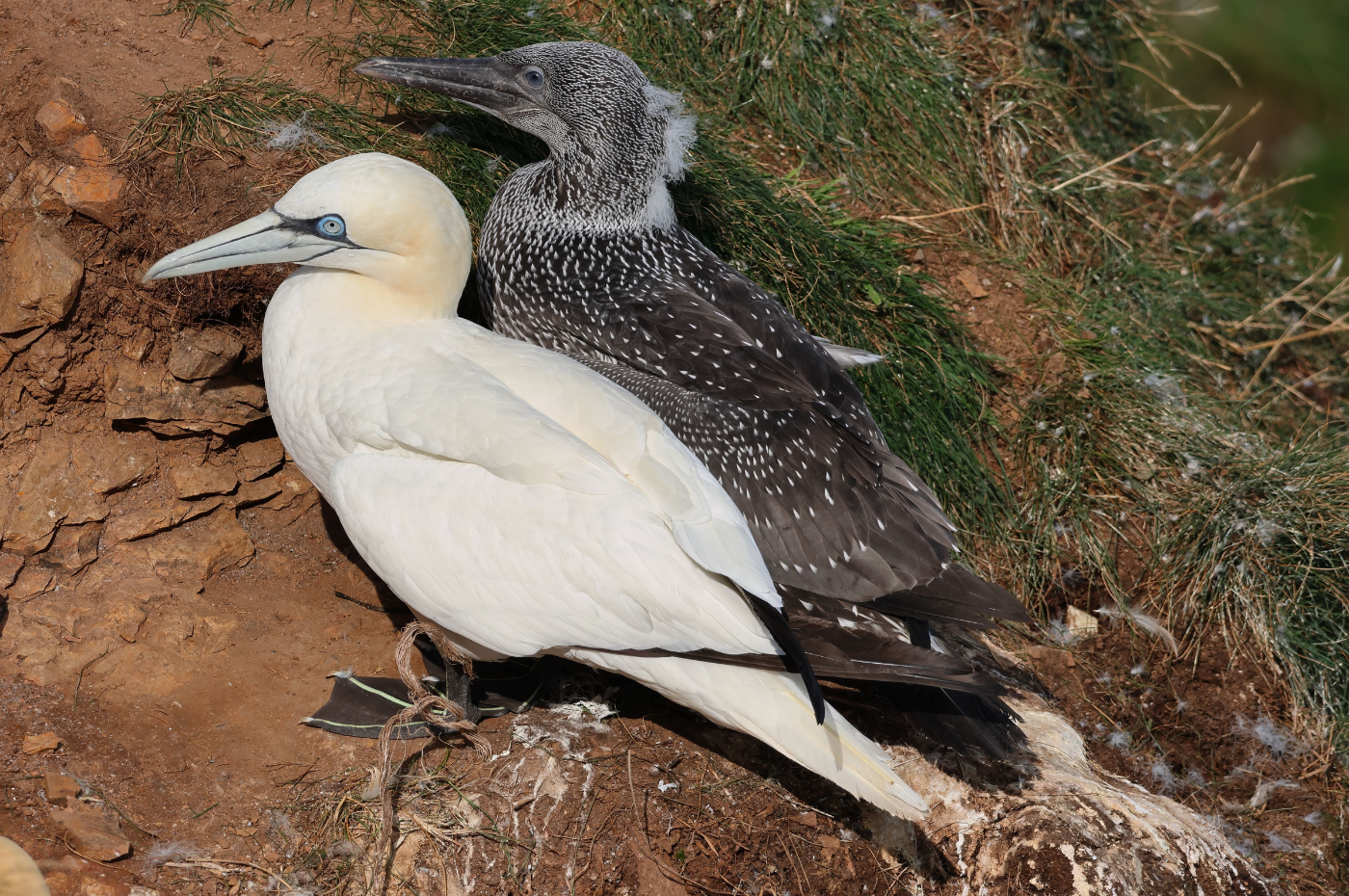Going to the dogs: The potential greyhound racing ban in Scotland
The Rural Affairs and Islands (RAI) Committee met on 5 November to hear...
View Details
The illegal release of two lynx into the Cairngorms National Park last Wednesday (8 January) was thought to be either the work of a rogue rewilder or an accidental escape from a private owner. Wherever the animals came from is not the point, it is the illegal release of animals unprepared for this new environment into an area without stringent planning and consent from the local community.
The “Killyhuntly Two” were quickly recaptured on the Thursday evening by personnel from the RZSS Highland Wildlife Park and have been sent to Edinburgh Zoo for quarantine.
It was reported on Friday morning that two further lynx were released into the same area as the first release. Again, Highland Wildlife Park experts managed to successfully recapture both animals near the Dell of Killyhuntly. Unfortunately, one of the lynx died overnight and was found dead in their enclosure on Saturday morning. It is thought that the four lynx that were released were tame and not used to hunting for food and living in the wild and the stress of being released in an unfamiliar landscape with very little preparation contributed to the death. A post-mortem is being carried out, but no report has been released as yet. The surviving lynx will be transferred to Edinburgh Zoo, to join the other two lynx.
Tim Bonner, Chief Executive of the Countryside Alliance, said:
“There may well be a case for reintroducing lynx to Scotland but that must be done properly. It is illegal and utterly arrogant to release predators into the countryside without proper consideration of their impact on domestic animals and vulnerable wildlife, without the consent of the local community and without any process to monitor their impact. Those responsible should be prosecuted and punished in exactly the same way as any other wildlife criminal”.
This is not the first time rough rewilders have illegally released animals into the wild in the UK. It is thought that up to 200 beavers have been illegally released into rivers across the UK over the last two decades by so-called “Beaver bombers” – activists that have grown frustrated with what they consider slow government progress into legally reintroducing these animals back into the wild.
Whatever the reason behind the latest release of the lynx into the Scottish countryside, the recent death of one of these animals is a stark reminder that reintroductions of wild predators should be carried out with care and consideration for the animals involved and the wider community. Engagement across all stakeholder organisations is essential for the success of rewilding projects across the UK, and not the whim of a minority of rogue activists.

The Rural Affairs and Islands (RAI) Committee met on 5 November to hear...
View Details.jpg)
As a parent, I can’t help but worry about the sheer abundance of...
View Details
The Guga Hunt is something that many readers may not be familiar with – I...
View Details